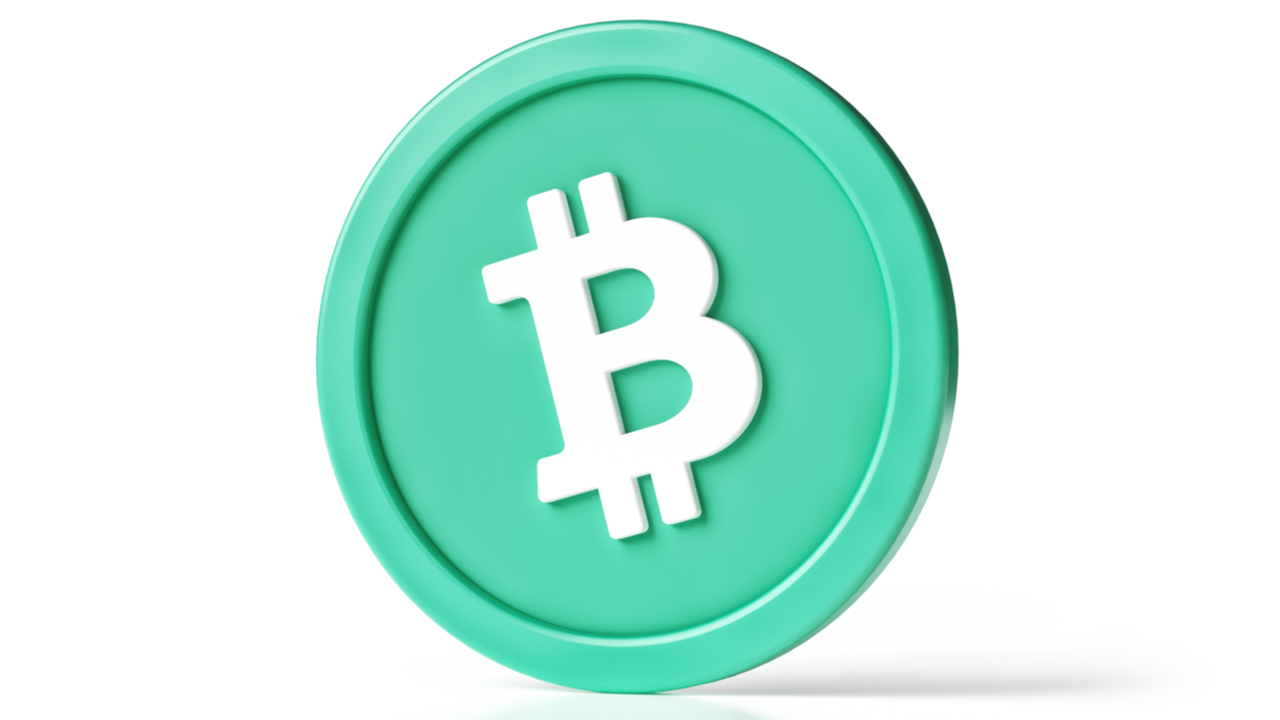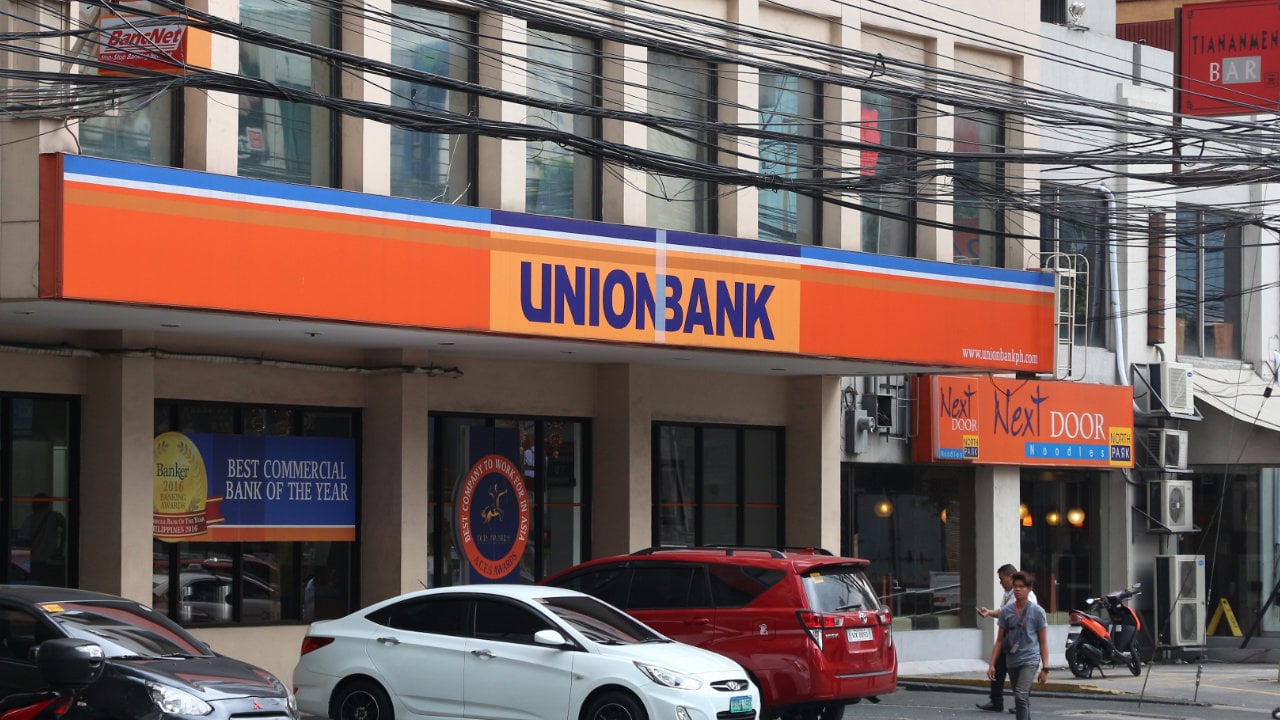
Weekly Bitcoin trading volumes in the Philippines peso were steadily growing on Paxful this year and eventually hit a new high in July.
Despite some level of regulatory uncertainty around cryptocurrency in the Philippines, one platform has recorded a massive influx of Bitcoin (BTC) trading activity recently.
Bitcoin trading volumes in the Philippines have been on the rise over the past few months on the major peer-to-peer (P2P) crypto exchange Paxful.
According to data from the Bitcoin tracking website Coin Dance, Bitcoin trading volumes denominated in the Philippines peso (PHP) have been steadily growing on Paxful recently and eventually hit a new high in July.
Paxful’s Bitcoin trading volumes peaked at 111 million PHP ($1.9 million) during the week ending on July 9, 2022. That was the biggest amount of PHP ever traded against Bitcoin on Paxful.

The amount of actual Bitcoin traded on Paxful against PHP during that week was 92 BTC, slightly down from the previous week ending on July 2.
A notable influx in BTC trading started in early May, with Bitcoin trading volumes more than doubling over a period of months. As of early May, Paxful’s weekly BTC trading volumes in the Philippines amounted to just around 40 BTC.
Despite the recent upside in BTC trading volumes, the number of Bitcoins traded per week on Paxful in the Philippines is still yet to break the all-time high weekly volumes of 111 BTC posted in August 2020.

The rise of Bitcoin trading on Paxful in the Philippines started amid a massive bearish trend in the cryptocurrency markets, with Bitcoin losing about 50% of its value since early May. BTC trading volumes in PHP surged even higher on Paxful after Bitcoin tumbled below $19,000 in late June.
The significant growth of PHP/BTC trading on Paxful also came amid the weakening local currency coupled with rising inflation. The Philippine central bank will reportedly decide whether to hike interest rates in mid-August amid inflation that is expected to grow above 7% by the end of the year from the current 6.1%.
The overall sentiment around crypto adoption in the Philippines has been rising in recent years as well, with many local firms moving into crypto trading. In April 2022, Philippines-based fintech firm PayMaya reportedly launched a crypto feature allowing users to trade, purchase and spend crypto on their accounts. The firm is among 19 official virtual asset service providers approved by the Bangko Sentral ng Pilipinas to offer virtual asset services.
Related: Binance ban off the cards, says Philippine trade and industry department
According to Terry Ridon, a local lawyer and convenor at the Infrawatch PH think tank, the rise in crypto adoption in the Philippines is a result of the global Covid-19 pandemic.
“Crypto is becoming more popular in the Philippines because the country started shifting to digital payment systems during the pandemic. The ease of entry into the cryptocurrency markets through various apps has also allowed more people to participate in the sector,” he said in a statement to Cointelegraph.










